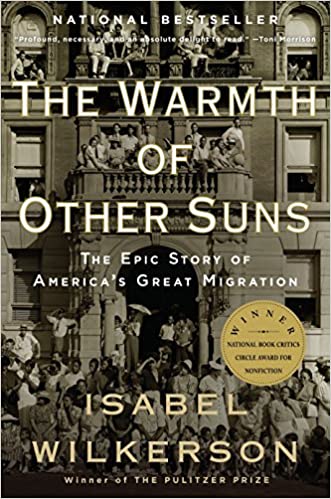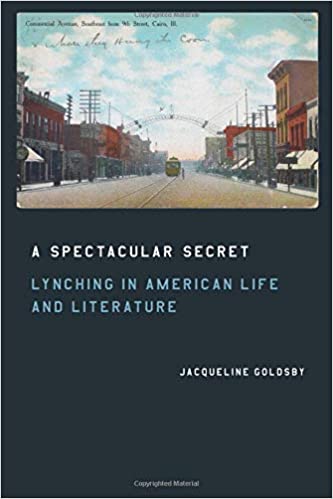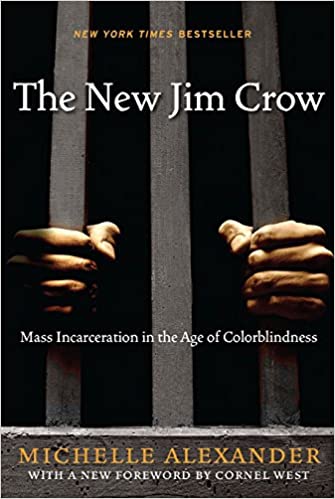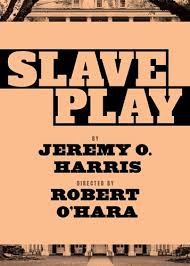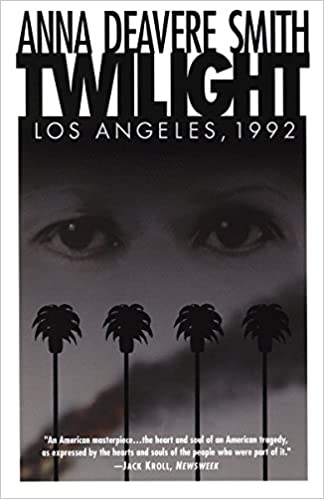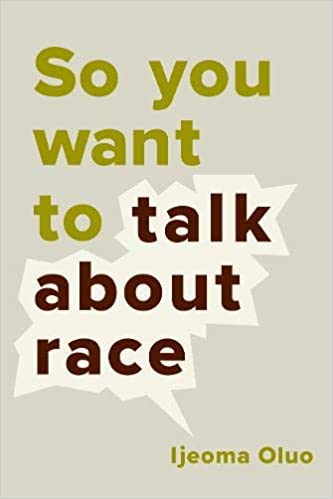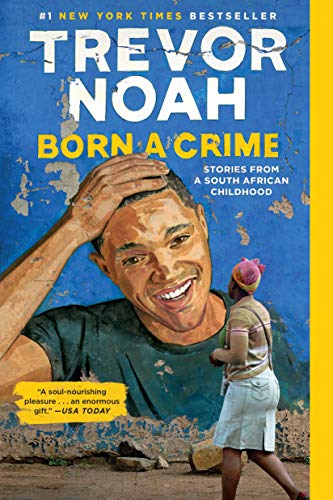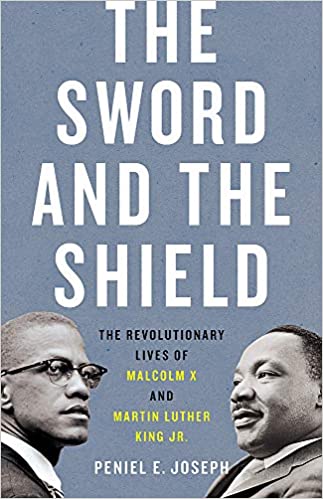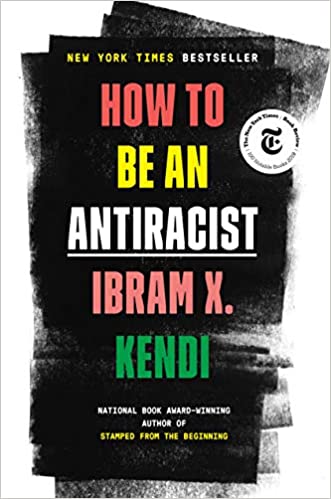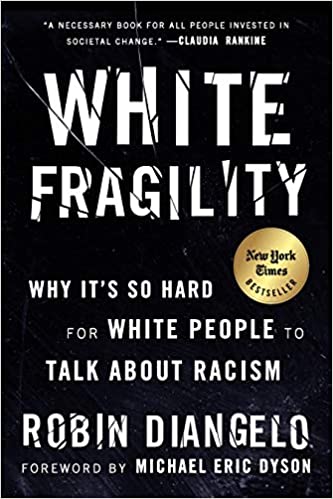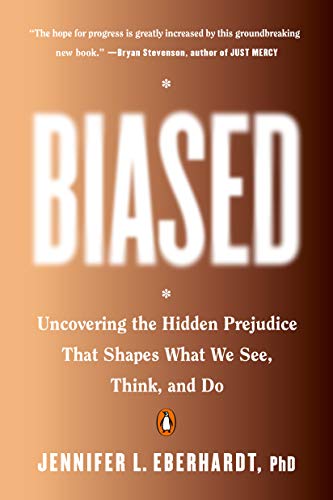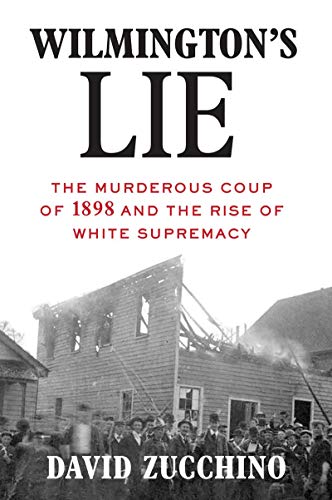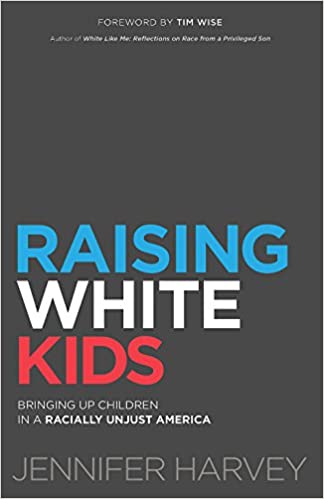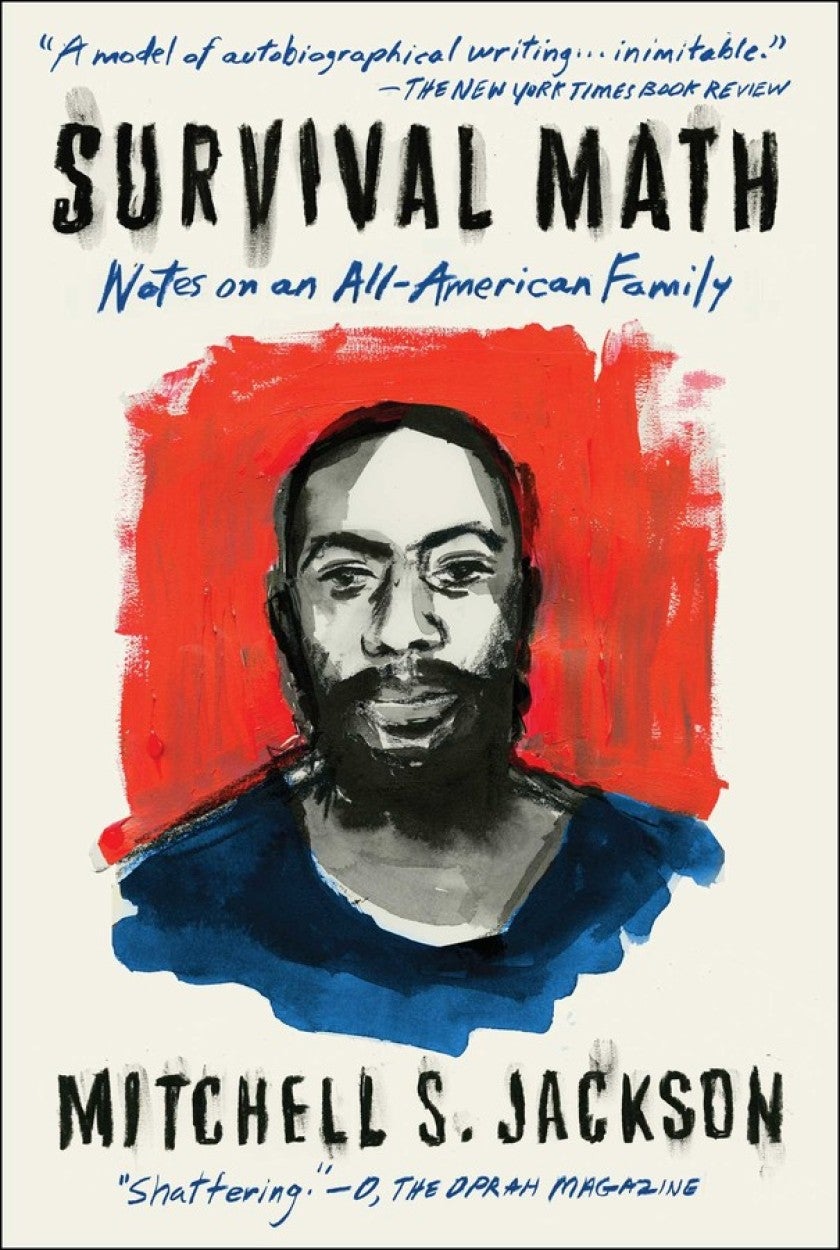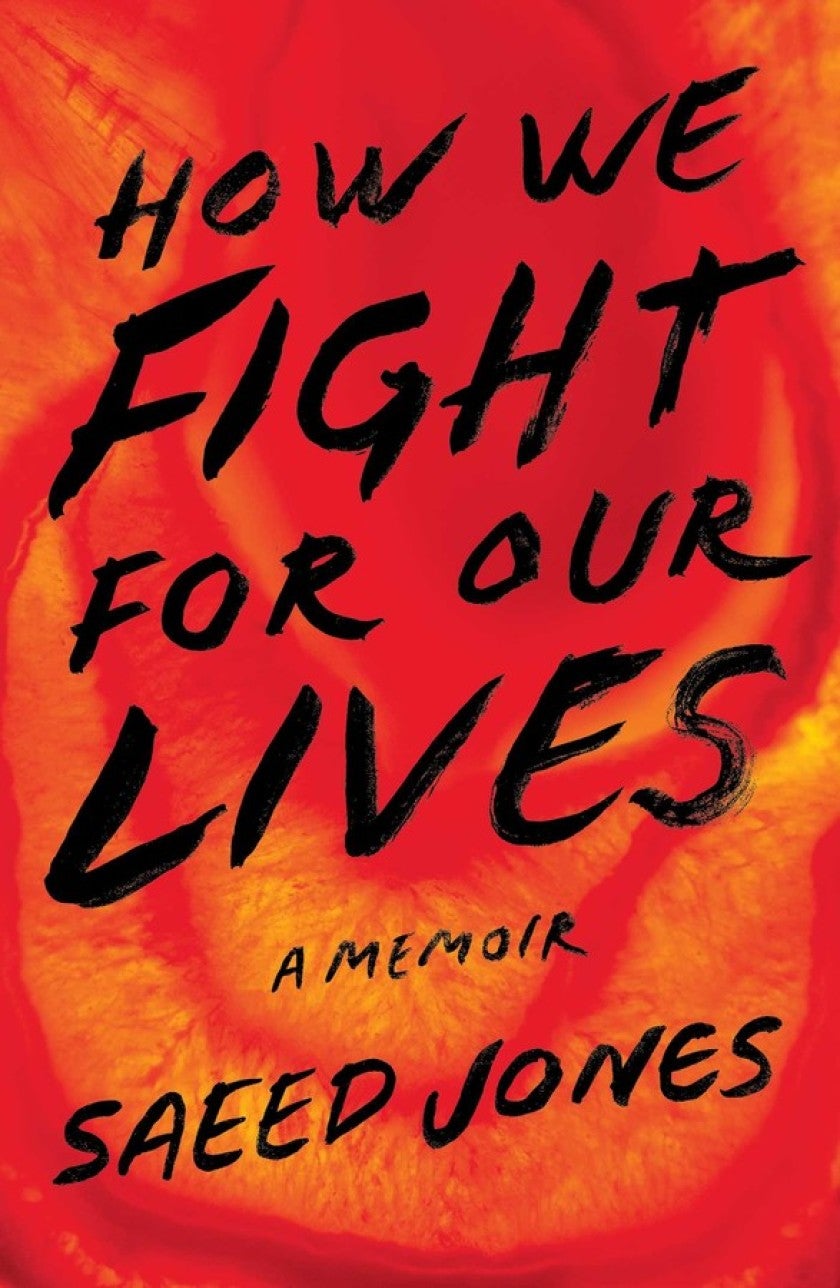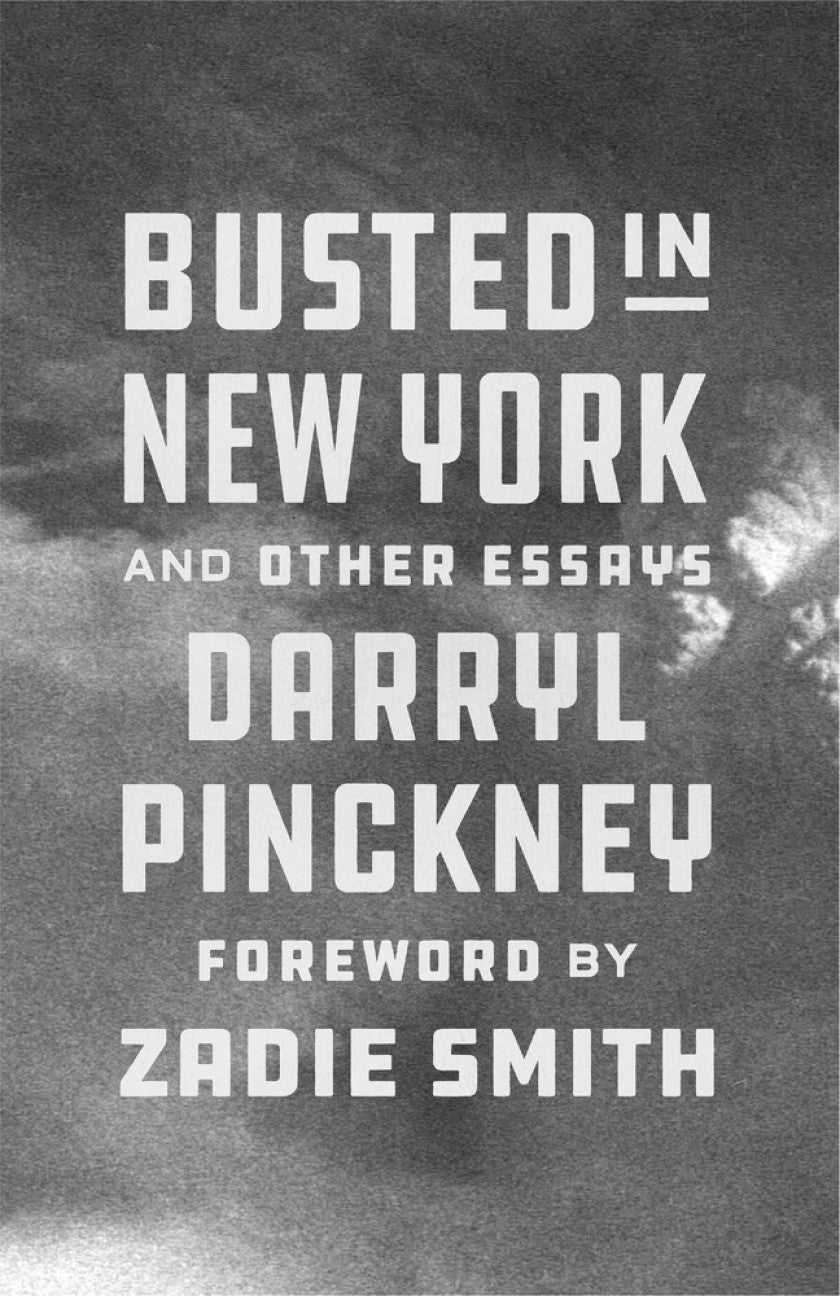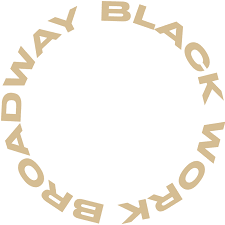In this epic, beautifully written masterwork, Pulitzer Prize–winning author Isabel Wilkerson chronicles one of the great untold stories of American history: the decades-long migration of black citizens who fled the South for northern and western cities, in search of a better life.
What to Read
BOOKS
Jacqueline Goldsby shows that lynching—a highly visible form of social violence that has historically been shrouded in secrecy—was in fact a fundamental part of the national consciousness whose cultural logic played a pivotal role in the making of American modernity.
Once in a great while a book comes along that changes the way we see the world and helps to fuel a nationwide social movement. The New Jim Crow is such a book. Praised by Harvard Law professor Lani Guinier as "brave and bold," this book directly challenges the notion that the election of Barack Obama signals a new era of colorblindness.
The Old South lives on at the MacGregor Plantation—in the breeze, in the cotton fields…and in the crack of the whip. Nothing is as it seems, and yet everything is as it seems. Slave Play rips apart history to shed new light on the nexus of race, gender, and sexuality in twenty-first-century America.
Twilight is a stunning work of "documentary theater" that explores the devastating human impact of the five days of riots following the Rodney King verdict.
In So You Want to Talk About Race, Ijeoma Oluo guides readers of all races through subjects ranging from intersectionality and affirmative action to "model minorities" in an attempt to make the seemingly impossible possible: honest conversations about race and racism, and how they infect almost every aspect of American life.
Trevor Noah’s unlikely path from apartheid South Africa to the desk of The Daily Show began with a criminal act: his birth. Trevor was born to a white Swiss father and a black Xhosa mother at a time when such a union was punishable by five years in prison.
In The Sword and the Shield, Peniel E. Joseph upends these misconceptions and reveals a nuanced portrait of two men who, despite markedly different backgrounds, inspired and pushed each other throughout their adult lives. This is a strikingly revisionist biography, not only of Malcolm and Martin, but also of the movement and era they came to define.
In How to Be an Antiracist, Kendi takes readers through a widening circle of antiracist ideas—from the most basic concepts to visionary possibilites—that will help readers see all forms of racism clearly, understand their posionous consequences, and work to oppose them in our systems and in ourselves.
In this “vital, necessary, and beautiful book” (Michael Eric Dyson), antiracist educator Robin DiAngelo deftly illuminates the phenomenon of white fragility and “allows us to understand racism as a practice not restricted to ‘bad people’ (Claudia Rankine).
With a perspective that is at once scientific, investigative, and informed by personal experience, Dr. Jennifer Eberhardt offers us the language and courage we need to face one of the biggest and most troubling issues of our time. She exposes racial bias at all levels of society—in our neighborhoods, schools, workplaces, and criminal justice system.
By the 1890s, Wilmington was North Carolina’s largest city and a shining example of a mixed-race community. It was a bustling port city with a burgeoning African American middle class and a Fusionist government of Republicans and Populists that included black aldermen, police officers and magistrates.
With a foreword by Tim Wise, Raising White Kids is for families, churches, educators, and communities who want to equip their children to be active and able participants in a society that is becoming one of the most racially diverse in the world while remaining full of racial tensions.
This “spellbinding” (NPR) book explores gangs and guns, near-death experiences, sex work, masculinity, composite fathers, the concept of “hustle,” and the destructive power of addiction—all framed within the story of Mitchell Jackson, his family, and his community.
Haunted and haunting, How We Fight for Our Lives is a stunning coming-of-age memoir. Jones tells the story of a young, black, gay man from the South as he fights to carve out a place for himself, within his family, within his country, within his own hopes, desires, and fears.
In these twenty-five essays, Darryl Pinckney has given us a view of our recent racial history that blends the social and the personal and wonders how we arrived at our current moment.
ARTICLES
“Of Course There Are Protests. The State Is Failing Black People,” by Keeanga-Yamahtta Taylor
"Opinion: I’m tired of being the token Black friend," by Asmeret Ghebremichael
“You shouldn’t need a Harvard degree to survive birdwatching while black,” by Samuel Getachew
"Black Lives Matter: U.S. Theatres Stand With the Movement for Racial Justice," by American Theatre Editors
PLAYS, MUSICALS, & MUSICAL REVUES BY BLACK ARTISTS
Black Work Broadway is an evolving and comprehensive record of all the plays, musicals, musical revues, and other performances presented in Broadway houses, that were either written or created by Black artists. Black Work Broadway seeks to create lasting and living documentation of Black artists’ work on Broadway for the benefit of new generations of artists, audiences, and scholars.
